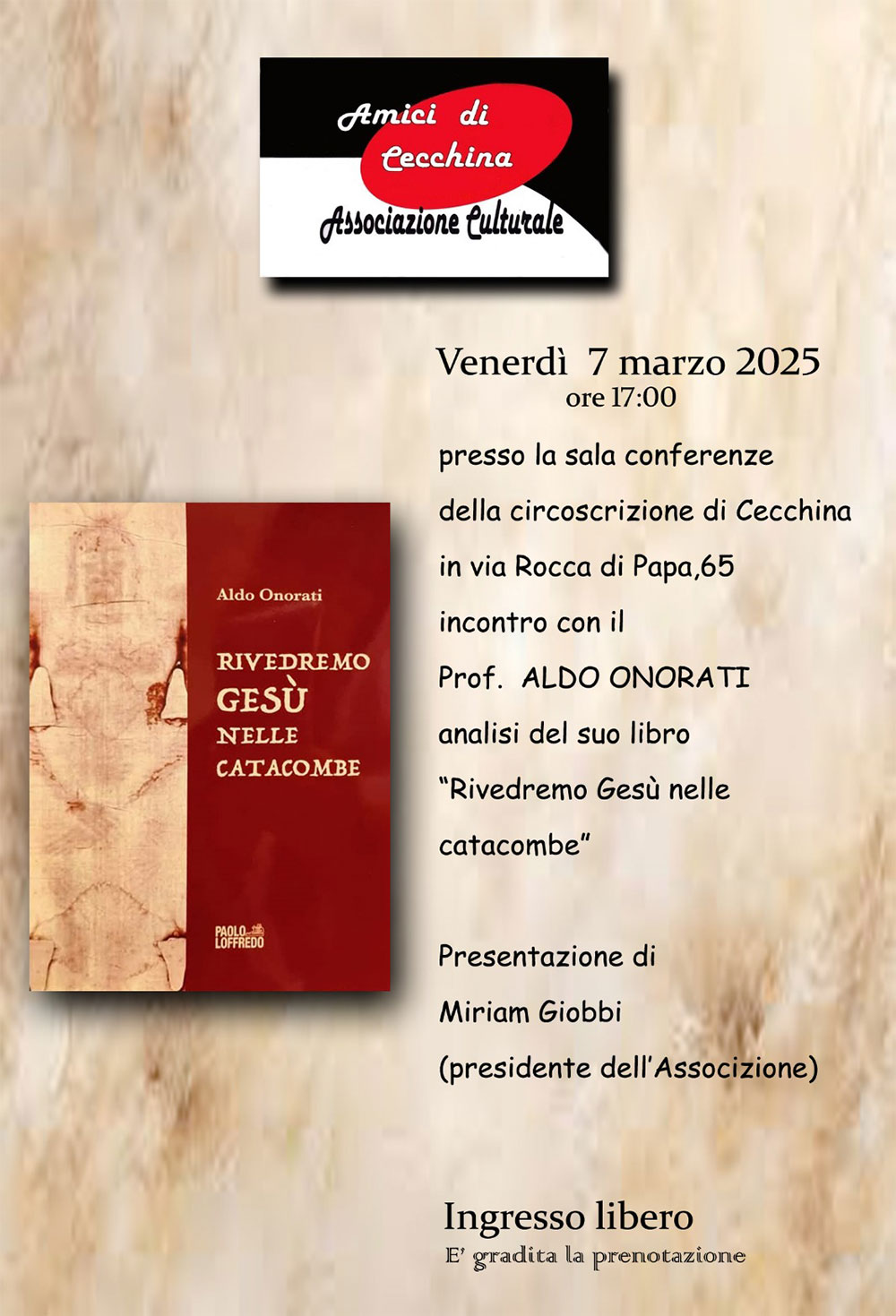 Paolo Loffredo, sixth generation of a large family of publishers and booksellers engaged in the production and distribution of books since the late nineteenth century, creates in 2012 the new editorial company Paolo Loffredo Editore. The historical site was until the '80s in the heart of the historic centre of Naples in Via San Biagio dei Librai, lower Decumano and also known as the SpaccaNapoli.
Paolo Loffredo, sixth generation of a large family of publishers and booksellers engaged in the production and distribution of books since the late nineteenth century, creates in 2012 the new editorial company Paolo Loffredo Editore. The historical site was until the '80s in the heart of the historic centre of Naples in Via San Biagio dei Librai, lower Decumano and also known as the SpaccaNapoli.
At the beginning of the twentieth century, Giuseppe Loffredo decided to add book selling to the book production, which definitively imposed itself after World War II with the publication of manuals for the University and for the School that succeeded in establishing themselves soon throughout Italy.
LAST EVENT
"Rivedremo Gesù nelle catacombe"
07 Marzo 2025 - Sala Conferenze circoscrizione di Cecchina - via Rocca di Papa 65, Albano Laziale (RM) - ore 17,00

Tra speranza e vecchia sfiducia
ISSN: 2611-1470
Language: Italian
Publisher: Paolo Loffredo Editore Srl

Description
Tra speranza e vecchia sfiducia
Pier Paolo Pasolini, Roma, il dialetto
What was the relationship between Pier Paolo Pasolini and Rome? Six scholars have addressed this question starting from various points of view and have explored, according to different perspectives and disciplinary orientations, the relationship between the Friulian poet, the city, his dialect and his dialect literature.
After an overview of the birth of the villages and their stories - in some way "Pasolini-esque before Pasolini" - of poverty and degradation, the centrality of the Roman prisons, Rebibbia and Regina Coeli, in the writer's imagination is examined: this centrality it can also be found beyond the works with an expressly Roman and "Roman" setting. This same universe of detention, crime and prostitution is also evoked in some of Pasolini's most famous songs, written while, with the advance of consumer society and its processes of homologation, both social and linguistic, Pasolini's utopian tension was progressively running out: from this point of view, the failure of the original project of Divine Mimesis is revealing.
Finally, the two interventions that close the volume reconstruct the genesis of the two anthologies, both published in 1952, which have permanently influenced the canon and reception of contemporary Roman and dialectal poetry: Poesia dialettale del Novecento, edited by Pasolini with the fundamental contribution by Mario dell'Arco, and Poesia dialettale del Novecento, edited by Leonardo Sciascia with a dense introduction by Pasolini - and, behind the scenes, the skilled direction of Dell'Arco himself.
Contributions by Fabrizio Bartucca, Flavia Guidi, Carolina Marconi, Franco Onorati, Fabio Pierangeli, Giulio Vaccaro.



